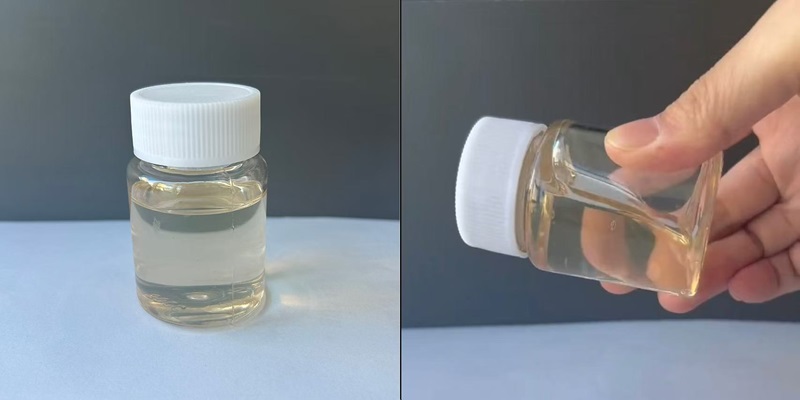Polyurethane (PU) foam systems rely on specialized catalysts to accelerate reactions, improve cure, and optimize performance for a variety of applications. MXC-B20 is a high-performance catalyst that can be used as a co-catalyst with tertiary amines to improve the overall efficiency of PU production. Its versatility and environmentally friendly properties make it a broad choice for modern foam systems.
Key Features of MXC-B20
MXC-B20 is distinguished by several unique properties that enhance polyurethane manufacturing:
- Delayed Viscosity Establishment: MXC-B20 slows down the initial viscosity increase, allowing for more controlled processing and easier handling during the early stages of reaction.
- Accelerated Back-End Curing: As the reaction progresses, MXC-B20 promotes rapid curing, ensuring that the foam achieves optimal mechanical and structural properties.
- Environmentally Friendly Composition: This catalyst is free from heavy metals like mercury, lead, and dibutyltin, making it a safer and more sustainable alternative to traditional tin-based catalysts.
- Low Volatility and Odor: With minimal volatility and little or no odor, MXC-B20 helps create a cleaner working environment, improving overall safety and comfort for workers.
- Compatibility: MXC-B20 is compatible with a wide range of rigid and flexible foam polyols, making it highly adaptable across various foam formulations.
Applications of MXC-B20 in Polyurethane Systems
MXC-B20’s unique properties make it suitable for a wide range of polyurethane applications, particularly as a substitute for traditional tin-based catalysts. Below are some of its main application areas:
- Flexible Sheets: In the production of flexible polyurethane sheets, MXC-B20 provides smooth processing with delayed viscosity build-up. It enhances the final foam’s structural integrity and resilience.
- High-Density Flexible Foams: High-density flexible foams, used in applications like seating and mattresses, benefit from MXC-B20’s excellent curing properties, ensuring consistency in foam firmness and durability.
- Spray Foam Systems: MXC-B20 is an excellent choice for spray foam systems due to its delayed reaction profile, allowing better control over spray patterns and layer buildup. This results in high-quality, uniform foam insulation.
- Microcellular Foam: For specialized applications like microcellular foams, MXC-B20 provides optimal cell structure control, ensuring foam density and consistency for end products like footwear and industrial parts.
- Rigid Foam Systems: Rigid foams used in insulation and structural components benefit from MXC-B20’s ability to balance front-end control and back-end curing, resulting in superior mechanical properties and stability in the finished foam.
An Alternative to Tin-Based Catalysts
MXC-B20 serves as a direct replacement for tin-based catalysts, which are often associated with environmental and health concerns. By eliminating heavy metals and offering comparable, if not superior, performance, MXC-B20 is an ideal choice for manufacturers looking to produce eco-friendly polyurethane systems without compromising on quality or efficiency.
Conclusion
MXC-B20 is a highly adaptable, efficient, and environmentally conscious catalyst for polyurethane systems. Its compatibility with rigid and flexible foam polyols, combined with its superior curing performance and sustainable formulation, makes it a valuable addition to a wide range of PU applications. Whether you’re working on flexible foams, microcellular systems, or rigid insulation, MXC-B20 offers the versatility and performance to meet your production needs.
Post time: Dec-31-2024

